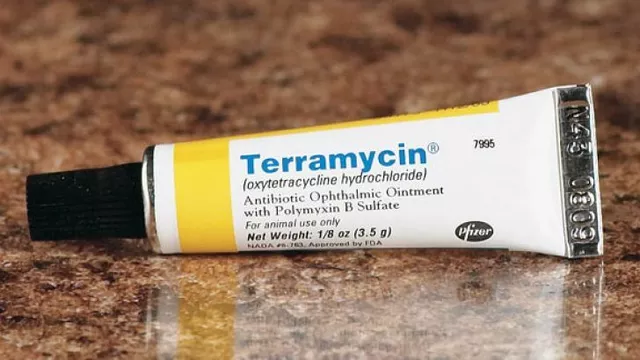Siberian Ginseng: Uses, Dosage, and Safety
Siberian ginseng (Eleutherococcus senticosus) has been used in traditional East Asian medicine for fatigue, immunity, and stress support. Want a quick, practical guide without the hype? This page gives clear facts, safe dosing, side effects, and how to pick a real supplement.
What it is and what it does
Siberian ginseng is a shrub native to northeast Asia. The active markers are eleutherosides. People take it to boost energy, handle short periods of stress, shorten colds, and sometimes to improve endurance for exercise. Clinical trials are mixed but several small randomized studies show modest drops in fatigue and a shorter average cold duration by a few days. Athletic trials report small gains in stamina and quicker recovery, usually when used for a few weeks.
How to use it safely
A common extract dose is 300 to 1200 mg per day, split into two doses. Look for a standardized extract listing eleutheroside content, often around 0.8 to 1 percent. Start at the low end for a week to check tolerance. Take it in the morning with food to reduce stomach upset and avoid sleep problems. Many users follow a cycle of two to three months on, then four weeks off.
Side effects and who should be careful
Most people tolerate Siberian ginseng well. Reported side effects include mild insomnia, jitteriness, headache, and an upset stomach. Stop use and talk to a clinician if you develop irregular heartbeats, severe headache, or allergic reactions. Avoid use if you are pregnant or breastfeeding; safety data are limited. Also check with your doctor if you have uncontrolled high blood pressure, autoimmune disease, or a diagnosed hormone-sensitive condition.
Possible interactions
Siberian ginseng can affect blood sugar and blood pressure in some people. It may change how medications for diabetes, high blood pressure, or blood thinning work. If you take prescription drugs, especially anticoagulants or immunosuppressants, get personalized advice before starting.
Choosing a quality supplement
Pick brands with third party testing like USP, NSF, or ConsumerLab. Prefer products that list extract strength and eleutheroside percentage. Avoid vague labels that say "proprietary blend" without amounts. Check the expiration date and buy from a reputable seller.
Practical tip
If you want to try Siberian ginseng, track sleep, energy, and any side effects for two to four weeks. If you see no benefit after a month at a tolerable dose, stop and discuss options with your clinician.
Forms and how it compares to other ginsengs
You can find Siberian ginseng as capsules, powders, tinctures, and teas. Standardized liquid or capsule extracts give consistent doses. Teas are milder and need regular drinking to match extract effects. This plant is different from Panax ginseng. It contains eleutherosides instead of ginsenosides, so its effects are often gentler. Older adults should start at a lower dose and check with their clinician. Children and teens usually should not take it unless advised by a pediatrician. Avoid using high doses long term. Pairing short courses of Siberian ginseng with better sleep, regular exercise, and balanced food often gives clearest benefits.




